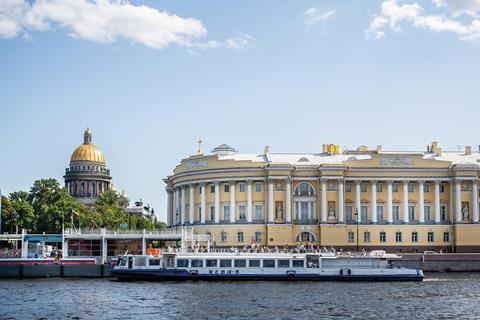Understanding Russia
The Judicial System of Russia
Kathryn Hendley, Peter H. Solomon, Jr.
£90, OUP
★★★★✩
This book not only shines a light on Russia’s legal system but also on the links between the law, politics and society in Russian life.
Professors Hendley and Solomon are North American-based law academics. While clearly experts on Russia, they inevitably look at its legal system through the prism of North American (and indeed British) values, which hold dear the notions of an independent judiciary robustly upholding the law. Russia is portrayed as an authoritarian state with its approach to law a frankly ‘dualist’ one. ‘Ordinary’ cases are dealt with reasonably in accordance with generally recognised legal principles, but ‘politically interesting’ cases are dealt with according to the requirements of the regime by judges who can seem to behave more like state officials than upholders of the law.

Regardless of its inevitable western slant, The Judicial System of Russia is a work of great scholarship framed in a very readable manner. It is divided into three main parts. The first deals with the history of the current Russian legal system; the second describes the judges, lawyers and others who have roles in that system, as well as public attitudes to the courts and the influence of politics on all who participate in the law; and the third addresses the administration of justice and the judicial system in practice. There are detailed descriptions of the different courts operating in Russia, how they have evolved in the post-Soviet era and how in terms of access to justice they are much more open to the public than one might have thought.
The post-Soviet growth of the Justice-of-the Peace Courts (akin in some ways to magistrates’ courts) and also of the specialist ‘Arbitrazh’ business courts is highlighted in reasonable detail, as are the places within the system of the Supreme Court and the Constitutional Court. There are helpful diagrams and tables (as well as a useful index, bibliography and source references) which help one navigate the complexities.
The book should appeal to both those with a general interest in the workings of the Russian legal apparatus and those who want to immerse themselves in an understanding of a rather opaque system.
One senses from the authors an empathy with ordinary Russians, whose lot is not easy. Perhaps the book will play its part in bringing to westerners a deeper knowledge of Russian society and the role of law within it.
David Glass is a consultant solicitor at Excello Law































No comments yet